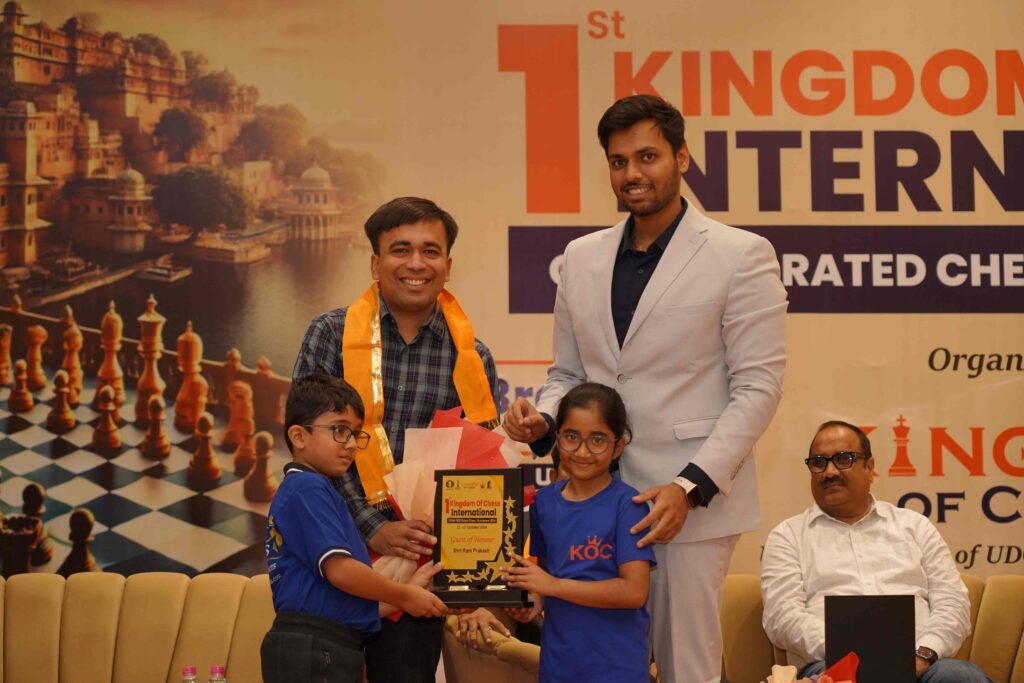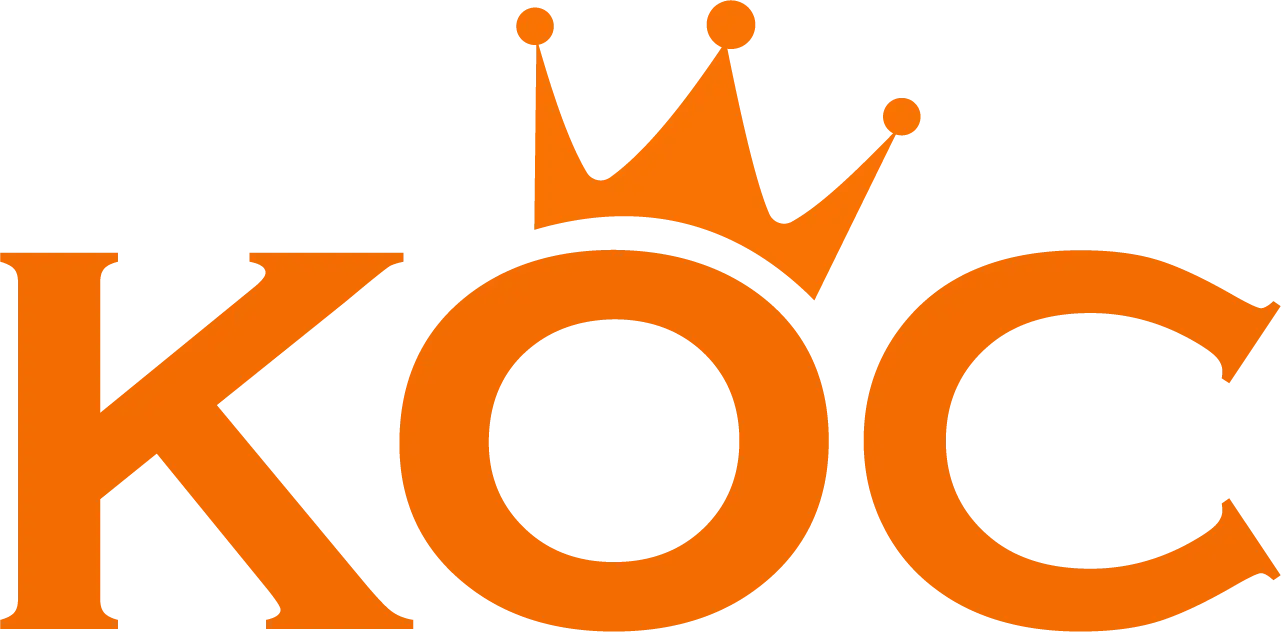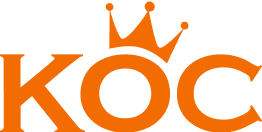Why Progress Tracking Matters in Chess
Every parent wants to see measurable growth in their child’s extracurricular activities. In chess, that progress isn’t just about wins or loses—it’s reflected in structured metrics like chess rating and certification. Whether your child is just beginning or already competing in tournaments, these tools provide clear benchmarks to track development, set goals, and celebrate achievements.
As a chess academy offering both online and offline coaching, we at Kingdom of Chess prioritize structured learning paths backed by internationally recognized rating systems and in-house certification milestones. In this guide, we’ll walk you through how these systems work, why they matter, and how they can shape your child’s chess journey.
What Is a Chess Rating?
A chess rating is a numerical value that represents a player’s playing strength. Think of it as a score that evolves as your child competes. Ratings help:
- Pair players of similar skill levels in tournaments
- Track performance improvements over time
- Create healthy goals and motivation
Types of Chess Ratings
- FIDE Rating – Issued by the World Chess Federation (FIDE), this is the global standard for rated players. Your child can earn a FIDE rating by participating in FIDE-rated events.
- National Ratings – These are issued by national chess federations like AICF (All India Chess Federation) in India or USCF in the U.S. They often serve as stepping stones to international ratings.
- Online Ratings – Platforms like Chess.com and Lichess assign ratings based on games played online. While unofficial, they provide useful day-to-day tracking and motivation for young learners.
How Ratings Are Calculated
Ratings are calculated based on the Elo system, which considers:
- The rating of your opponent
- The result of the game (win/draw/loss)
- The number of games played
When a lower-rated player beats a higher-rated one, they gain more points. Conversely, losing to a lower-rated opponent results in a greater deduction.
Example: If your child (rated 1000) beats someone rated 1200, they may gain 25–30 points. If they lose, they might only lose 5–10.
This system ensures that rating changes reflect actual performance trends and prevent large shifts due to a single game.
Chess Certifications: More Than Just Numbers
Kids receiving certificate at kingdom of chess

While ratings track competitive performance, chess certifications measure mastery of concepts, tactics, and strategy. They’re especially important for young players who are still learning the game and not yet playing in rated events.
At Kingdom of Chess, we’ve developed a structured certification pathway to track academic progress in chess, similar to belts in martial arts or levels in coding.
Our Certification Levels:
- Level 1: Beginner – Understanding board setup, rules, and basic checkmates.
- Level 2: Intermediate – Tactical patterns, opening principles, basic endgames.
- Level 3: Advanced – Positional play, attacking plans, defensive strategies.
- Level 4: Tournament-Ready – Preparation for rated play, understanding time controls, opening repertoire.
Each level includes:
- Practical tests (games played)
- Theoretical assessments (quizzes and puzzles)
- Feedback from certified coaches
- Printed and digital certificates upon completion
These certifications give children and parents a sense of accomplishment and clear direction for what’s next.
Ratings vs. Certifications: What’s the Difference? (chess rating and certification)
| Feature | Chess Rating | Chess Certification |
|---|---|---|
| Based on | Tournament performance | Knowledge & skill assessments |
| When it starts | After joining official tournaments | From the very first class |
| Changes with | Match results | Classwork, assignments, in-house tests |
| Value | Competitive benchmarking | Learning milestones |
| Recognized by | FIDE/National Federations | Chess academies |
Both systems complement each other. Ratings show real-world performance, while certifications show learning depth.
Why Parents Should Care About chess rating and certification
For parents, chess ratings and certifications offer tangible evidence of their child’s growth:
- Accountability: You’ll know your child is learning and not just passing time.
- Goal Setting: Ratings and levels help set short- and long-term goals.
- Motivation: Kids love milestones. A new certificate or rating jump keeps them excited.
- Preparation for Competition: Certifications prepare children for tournaments by ensuring they know the basics.
- Confidence Building: Achieving levels or improving ratings boosts confidence both in chess and beyond.
“When my son earned his first certificate and crossed 1000 Elo online, he was so proud—he took it to school to show his friends.” — A Kingdom of Chess Parent
How to Track and Support Your Child’s Progress
At Kingdom of Chess, we provide:
- Regular report cards showing certification progress
- Tournament support and guidance to participate in rated events
- Online dashboards with class performance and puzzle solving metrics
- One-on-one reviews with coaches every quarter
We also help parents understand what each milestone means, and how to encourage continued development. Whether your child aims for a FIDE rating or just wants to reach the next level in class, we’ll guide every step.
Local & Global Recognition
- Our in-house certification program is aligned with FIDE’s basic guidelines and common standards used by leading academies.
- Our coaches are certified by national bodies and international organizations, ensuring that assessments are credible and meaningful.
Best Online Chess Training for Beginners | Classes for Kids
This balance of structured learning and recognized ratings gives your child a complete roadmap—from casual learner to serious competitor.
Conclusion: Structured Progress Builds Better Players
In chess, growth is most effective when it’s measurable. With clear benchmarks like ratings and certifications, young players stay motivated, focused, and confident.
At Kingdom of Chess, we believe every child should have a chance to learn at their own pace while aiming for greatness. Whether your child is just starting out or eyeing international tournaments, our structured progress path ensures they’re always moving forward.
Ready to take the first step? Book a free demo class and get your child started on their chess journey today.



